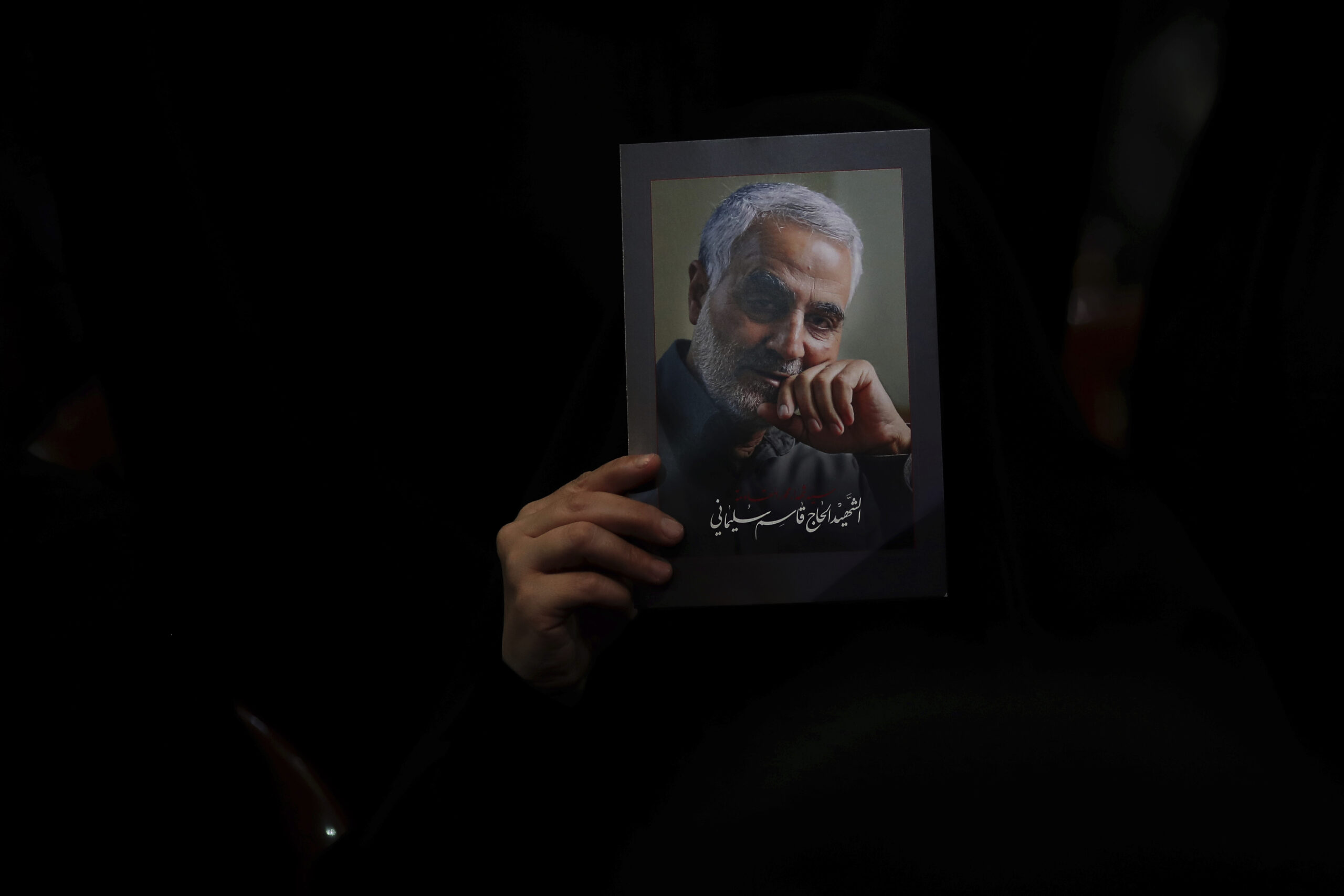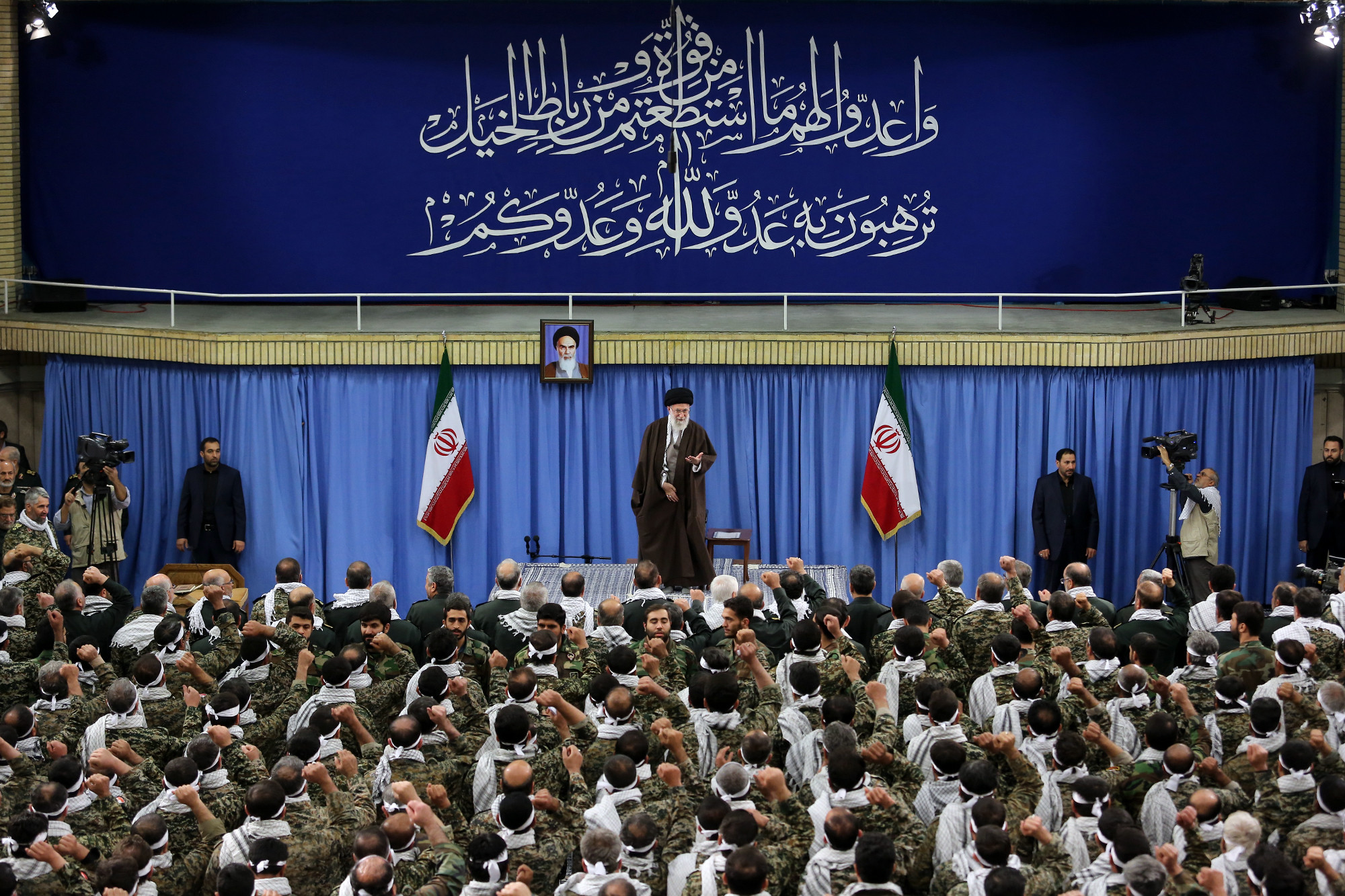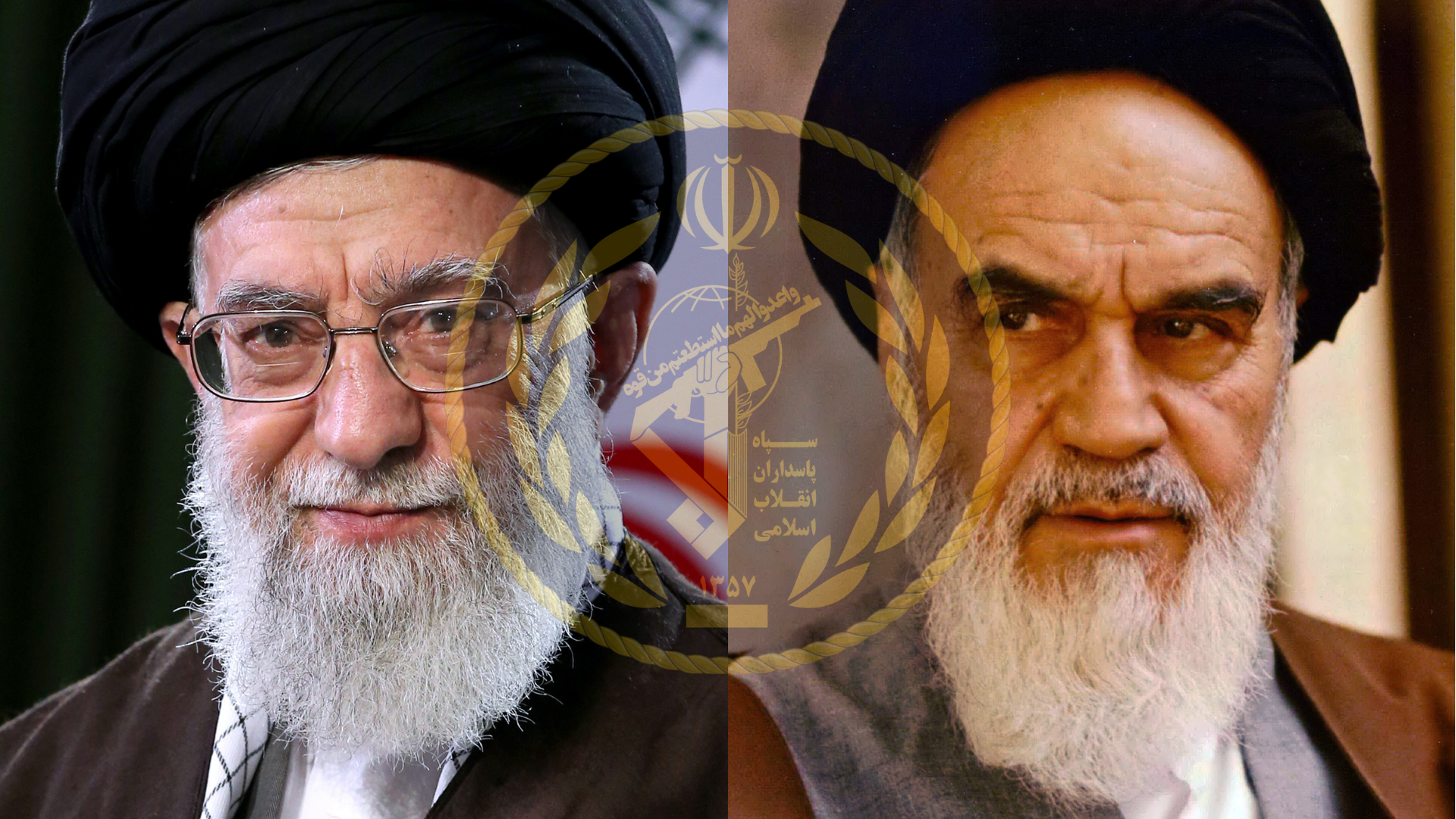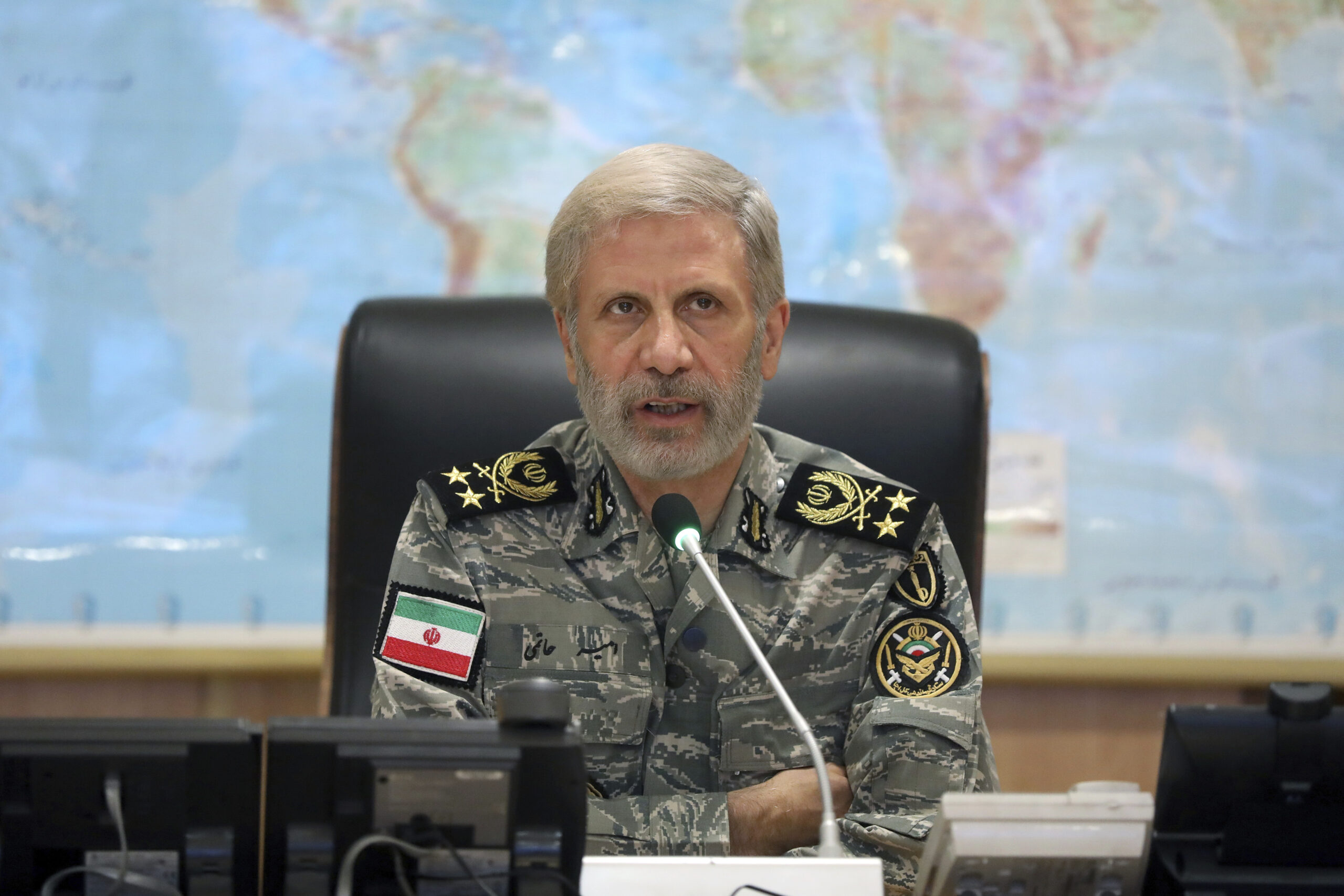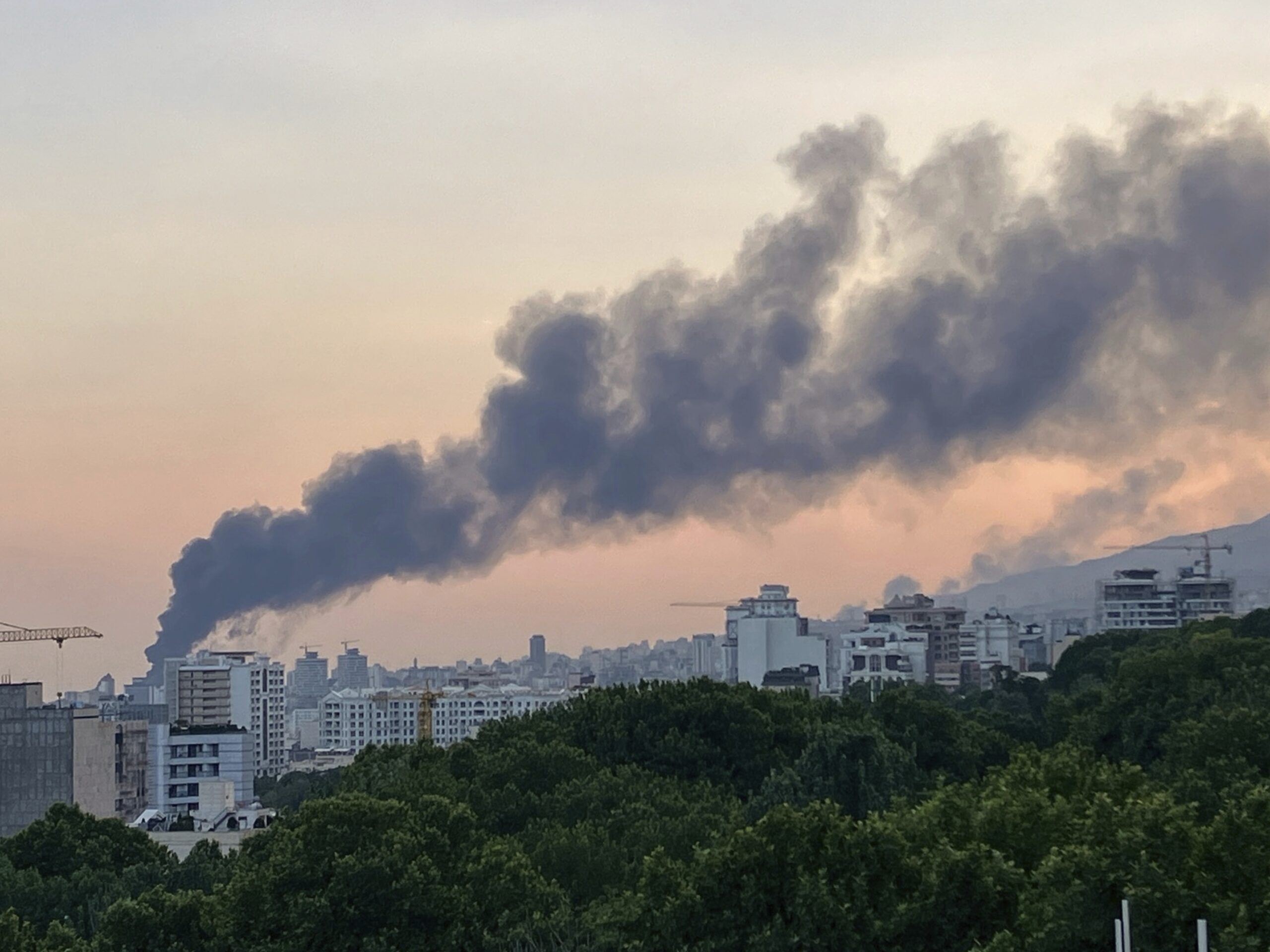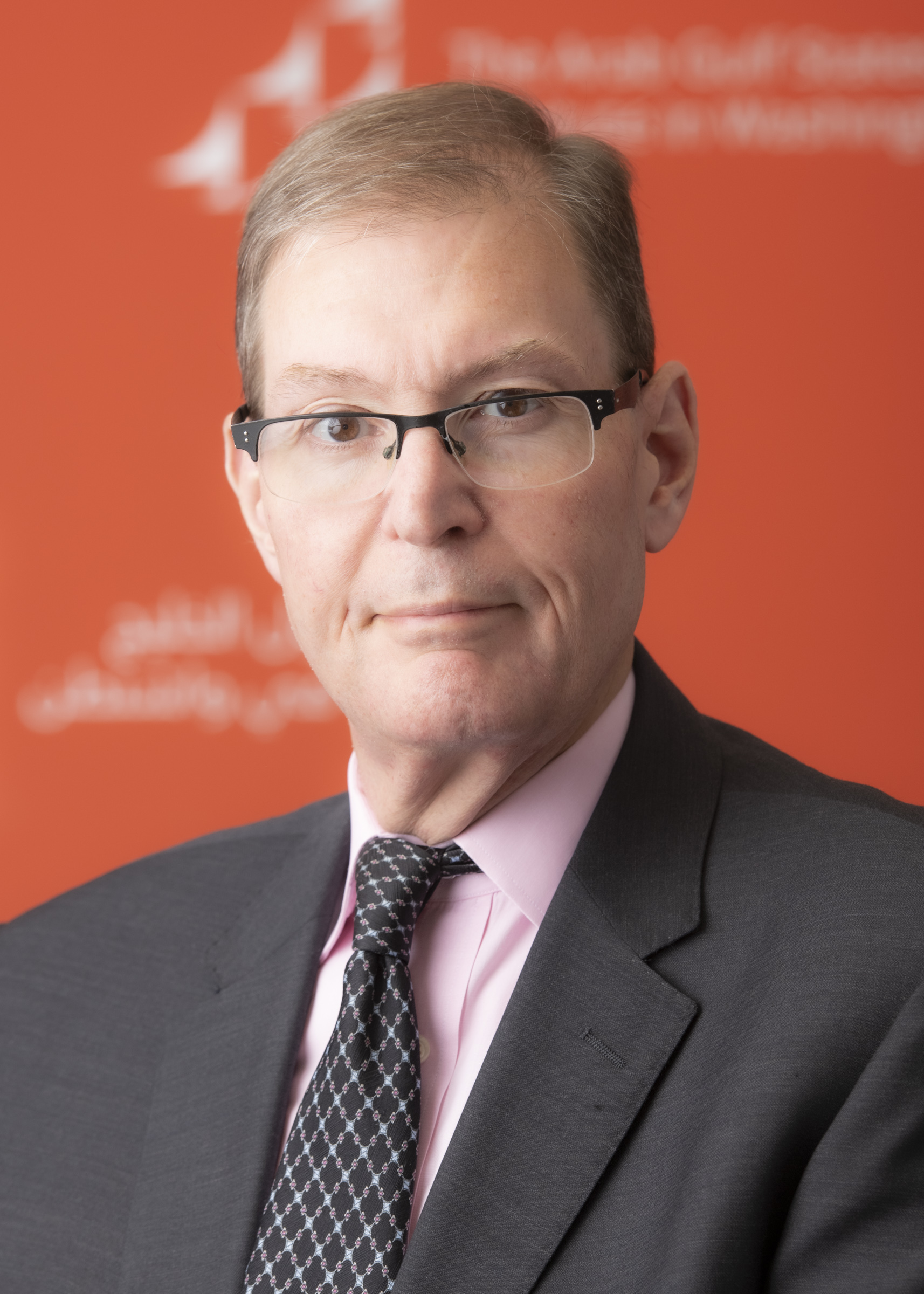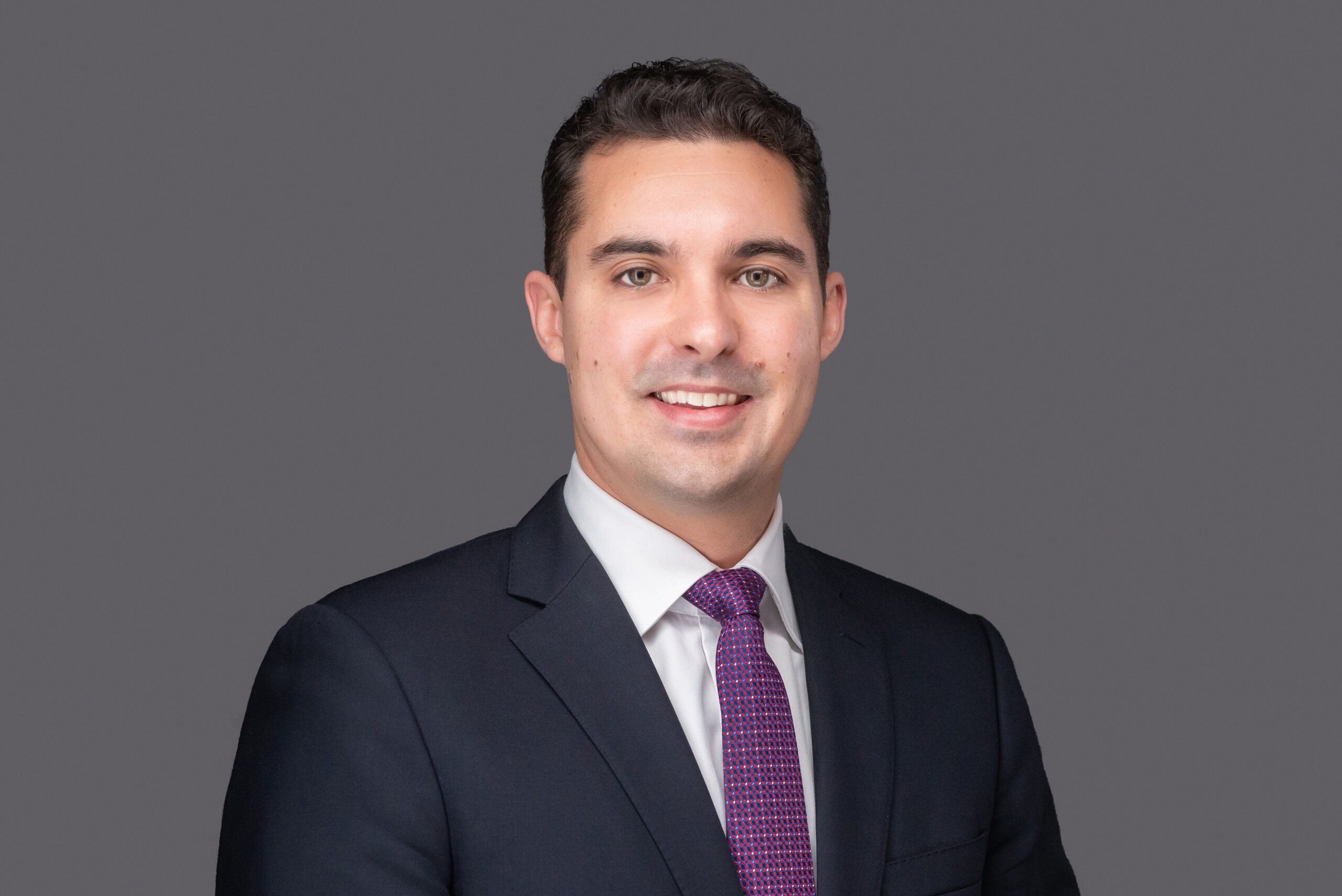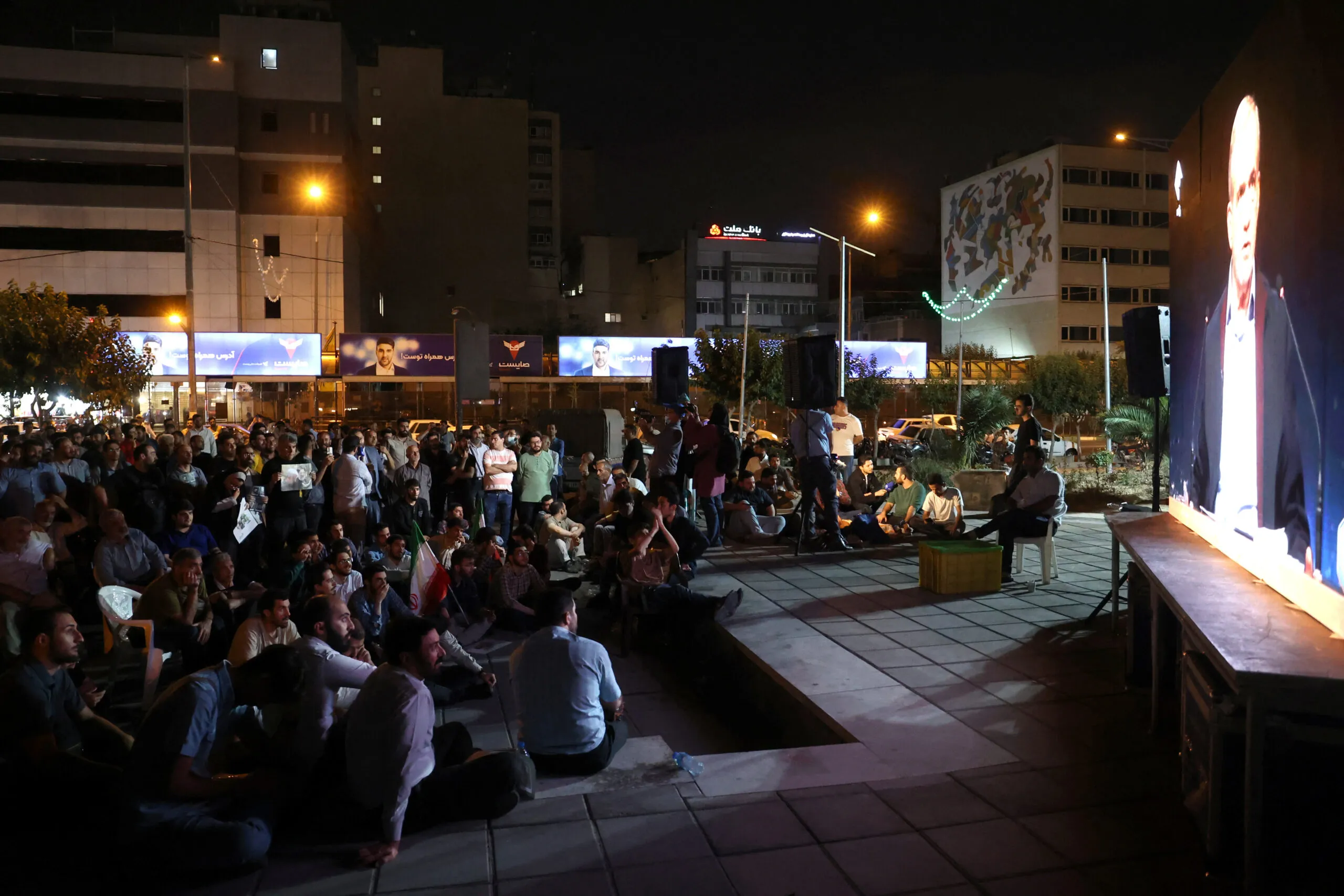Jun 3, 2020
Rare Criticism of IRGC Rooted in Iran’s Military Rivalry
The regime-instigated and nurtured rivalry between the army and the IRGC has reached a point where it undermines the regime.
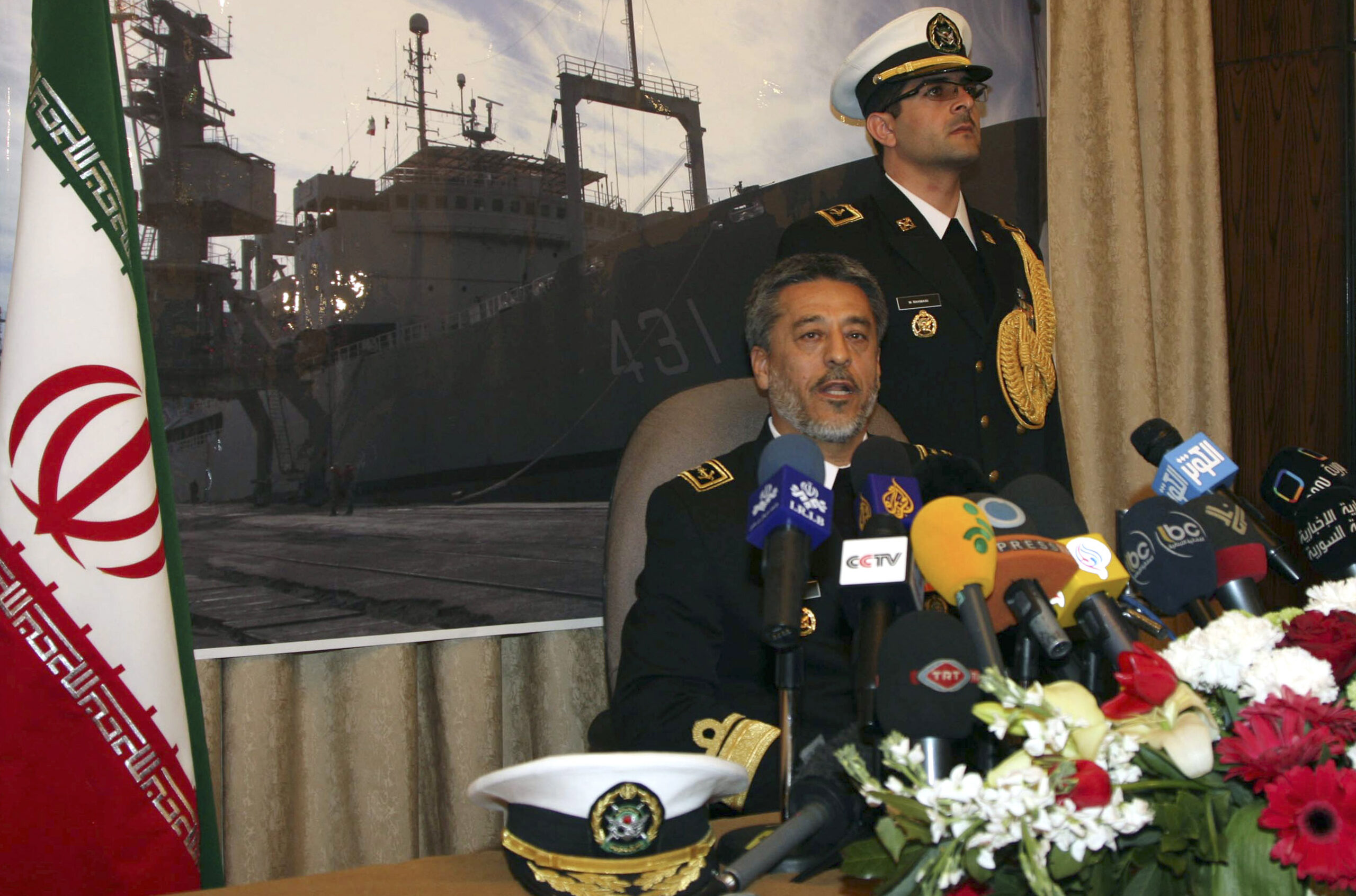
More than four decades after the 1979 Iranian Revolution, Iran’s two militaries, the Islamic Republic of Iran Army and the Islamic Revolutionary Guard Corps, remain entangled in a state of fierce competition. The rivalry is not merely a function of partially overlapping responsibilities, competition over access to scarce resources, and doctrinal differences. It reflects the regime’s preference for parallel institutions keeping each other in check. But has the regime-instigated and nurtured rivalry between the army and the IRGC reached a point where it undermines the regime?
The Islamic Republic News Agency’s May 31 interview with Rear Admiral Habibollah Sayyari, commander of Iran’s navy from 2007 to 2017, IRNA’s immediate removal of the video footage, and a 14 minute-long section of Sayyari’s statements, which resurfaced on the internet, provide some insight into the depth of the crisis in Iran’s dual military system.
In his candid, and at times highly emotional interview, Sayyari demanded justice for the army. He asked why state propaganda solely praises the sacrifice and achievements of the IRGC during the Iran-Iraq War (1980-88) while disregarding those of the army. Turning to popular culture, Sayyari complained about condescending and comical depictions of army officers in the government-censored Iranian cinema, which constantly praise the heroism and self-sacrifice of the IRGC. In a more direct challenge to the IRGC, Sayyari said: “Why boast of this or that achievement day in and day out? The enemy will utilize that intelligence!”
Still more controversially, the Nabz-e Bazaar website quoted Sayyari speaking against the IRGC’s involvement in business and politics: “It is not at all expedient for the armed forces to intervene in economic activity. The army has, according to the policy guidelines, abstained from economic activity, just as we also do not intervene in politics.” Sayyari further explained: “The army must not intervene in politics. This does not mean we do not understand politics very well. No, we understand politics perfectly well, analyze and comprehend it, but we do not meddle in it since politicization harms the armed forces.”
A senior army commander publicly criticizing the regime’s preferential treatment of the IRGC and its interventions in politics and economy is unprecedented, but the army’s complaints are as old as the Islamic Republic itself.
Despite the Imperial Army’s February 11, 1979 declaration of neutrality in the course of the revolution, revolutionary leaders suspected the army of maintaining its loyalty to the exiled monarch of Iran. Therefore, the new leadership in Tehran brutally purged the army in the immediate aftermath of the revolution and embraced the emergence of militias that later merged to form the IRGC. Remarkably, Grand Ayatollah Ruhollah Khomeini, the leader of the revolution, opposed calls for disbanding the army. In return, the army has since remained loyal to the Islamic Republic. But in spite of the army’s loyalty, the regime has mostly favored the IRGC to the great frustration of the army commanders.
In part, the regime’s preferential treatment of the IRGC is related to its highly politicized nature, which the professional army abhors. It is exactly because of the dependency of the ruling elites of the Islamic Republic on IRGC support in the face of domestic political opposition that they accommodate its wishes. The army, on the other hand, which does not intervene in domestic politics and is constitutionally mandated to defend the territorial integrity of Iran, receives less attention.
Sayyari’s interview raised a wave of public sympathy and support among the public and a new wave of verbal attacks against the IRGC. Wary of the reactions of the IRGC, the army on June 2 issued a statement condemning the partial release of the interview. The army claimed the released video footage had “been subject to biased and insincere interpretation and analysis.” The statement also emphasized “the unity of the armed forces of the Islamic Republic of Iran, in particular between the army and the Guard, is fundamental and unbreakable.”
But the damage is already done. Twitter profiles and channels close to the IRGC on the Telegram cloud-based instant messaging platform have begun a systematic campaign accusing Sayyari of receiving money from foreign governments, treason, and betrayal of the revolution. In other words, the very design of the Islamic Republic’s dual military system, and the regime’s nurturing of the rivalry between the two military systems, is now undermining the regime.
The views represented herein are the author's or speaker's own and do not necessarily reflect the views of AGSI, its staff, or its board of directors.

